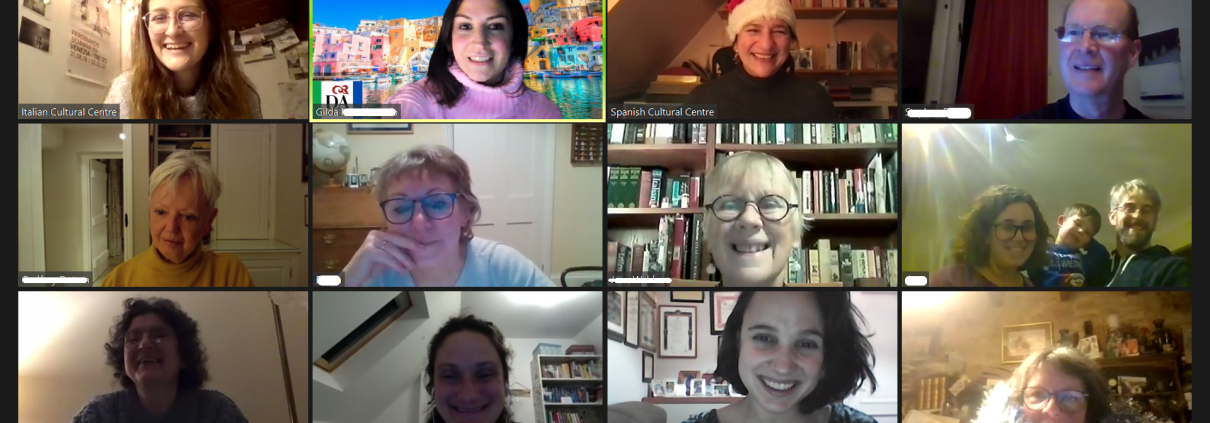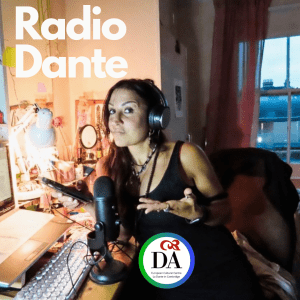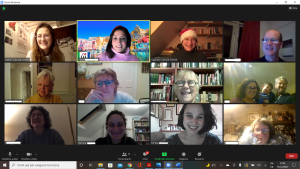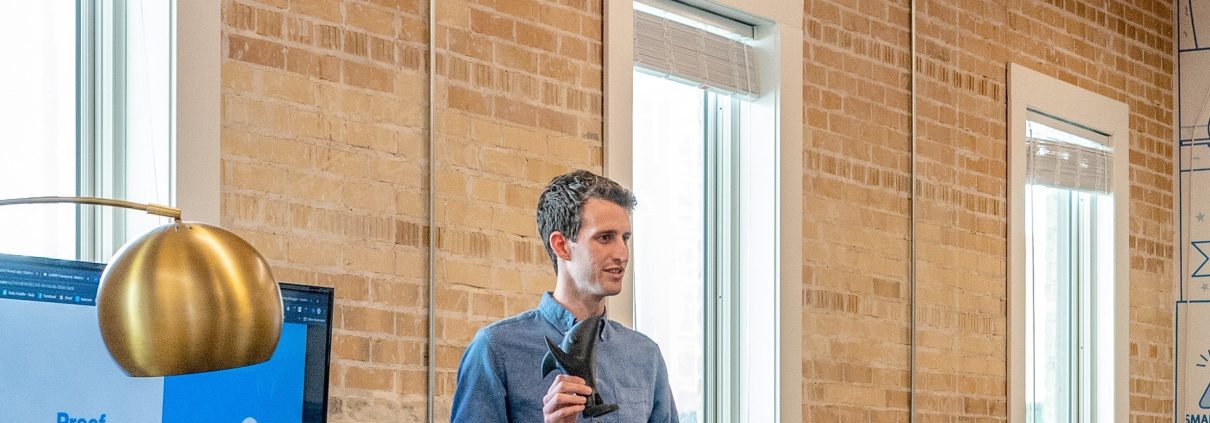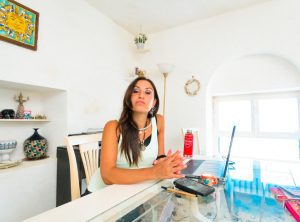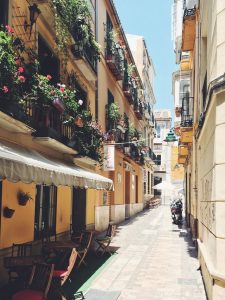Discovering the Rich Tapestry of Spanish Culture
Spain is a country that mesmerizes with its rich traditions, stunning architecture, and mouthwatering cuisine. Journey with us through the vibrant and diverse aspects of Spanish culture, each telling its own captivating story.
The Melody of the Spanish Language
Plaza Mayor, Madrid: A Hub of Language and Life
Spanish, the melodic official language of Spain, is spoken by nearly all its citizens. Yet, Spain’s linguistic landscape is a tapestry woven with regional languages such as Catalan, Galician, and Basque. These languages, alongside numerous dialects, reflect the country’s complex cultural heritage and regional identities.
The Historical Mosaic
The Alhambra in Granada: A Testament to Moorish Influence
Spain’s history is a mosaic of cultural influences, from the Romans and Visigoths to the Moors. The Moorish legacy is particularly vivid in architectural marvels like Granada’s Alhambra and the Great Mosque of Córdoba. Each historical layer adds depth to Spain’s rich cultural fabric.
Culinary Delights of Spain
A Feast of Tapas: Savoring Spain’s Flavors
Spanish cuisine is a passionate celebration of regional diversity and fresh ingredients. From the rustic simplicity of a tortilla española to the intricate flavors of paella, each dish tells a story. Tapas, the beloved small plates, are perfect for sharing and socializing, while churros with thick hot chocolate offer a sweet indulgence. Every meal in Spain is an invitation to savor life.
Vibrant Madrid
Madrid’s Royal Palace: Where History Meets Modernity
Madrid, the heart of Spain, pulses with vitality. Wander through the historic La Latina district, filled with tapas bars and lively squares. The grandeur of the Royal Palace and the artistic treasures of the Prado Museum beckon. As night falls, the city comes alive with the passionate rhythms of flamenco. Madrid is a captivating blend of tradition and modern flair.
Enchanting Barcelona
Sagrada Família: Gaudí’s Unfinished Symphony
Barcelona, a city where Catalan culture thrives, is an architectural wonder. Antoni Gaudí’s masterpieces, like the awe-inspiring Sagrada Família and whimsical Park Güell, define the cityscape. Stroll along La Rambla, a bustling boulevard, and explore the Gothic Quarter’s medieval charm. Barcelona’s unique blend of old and new enchants every visitor.
Soulful Seville
Plaza de España: The Heart of Andalusian Charm
Seville, the soul of Andalusia, is steeped in tradition. Famous for its fiery flamenco performances, elaborate Semana Santa (Holy Week) processions, and vibrant Feria de Abril, Seville pulses with life. Explore the stunning gardens of the Alcázar, visit the majestic Seville Cathedral, and climb the Giralda tower for panoramic views. Seville’s timeless charm is unforgettable.
Innovative Valencia
City of Arts and Sciences: Valencia’s Modern Marvel
Valencia is a city where innovation meets tradition. Known for its futuristic City of Arts and Sciences and the spectacular Las Fallas festival, Valencia offers a unique cultural experience. Taste the authentic paella, a dish that originated here, and explore the city’s blend of modernity and historical charm.
Cultural Bilbao
Guggenheim Museum: Bilbao’s Contemporary Icon
Bilbao, the heart of the Basque Country, is renowned for its cultural vibrancy. The iconic Guggenheim Museum, a beacon of contemporary architecture, stands out. Wander through the Casco Viejo (Old Town) and savor pintxos, the Basque equivalent of tapas. Bilbao’s rich cultural scene and culinary delights make it a standout destination.
Spanish Cinema: A Window to the Soul
Pedro Almodóvar’s Films: Capturing the Essence of Spain
Spain’s cinematic heritage is illustrious. Directors like Pedro Almodóvar capture the essence of Spanish life with vivid characters and emotional depth. Stars like Penélope Cruz bring to life the passion and resilience of Spanish women. Spanish cinema, with its unique blend of artistry and narrative, continues to captivate global audiences.
Conclusion: A Symphony of Experiences
As you explore Spain, remember that it’s more than a destination—it’s a rich experience of flavors, sounds, and sights. Raise a glass of Rioja, toast to the Spanish way of life, and let the magic of Spain enchant you.
¡Buen viaje!
by Yelnur Kapyshev




